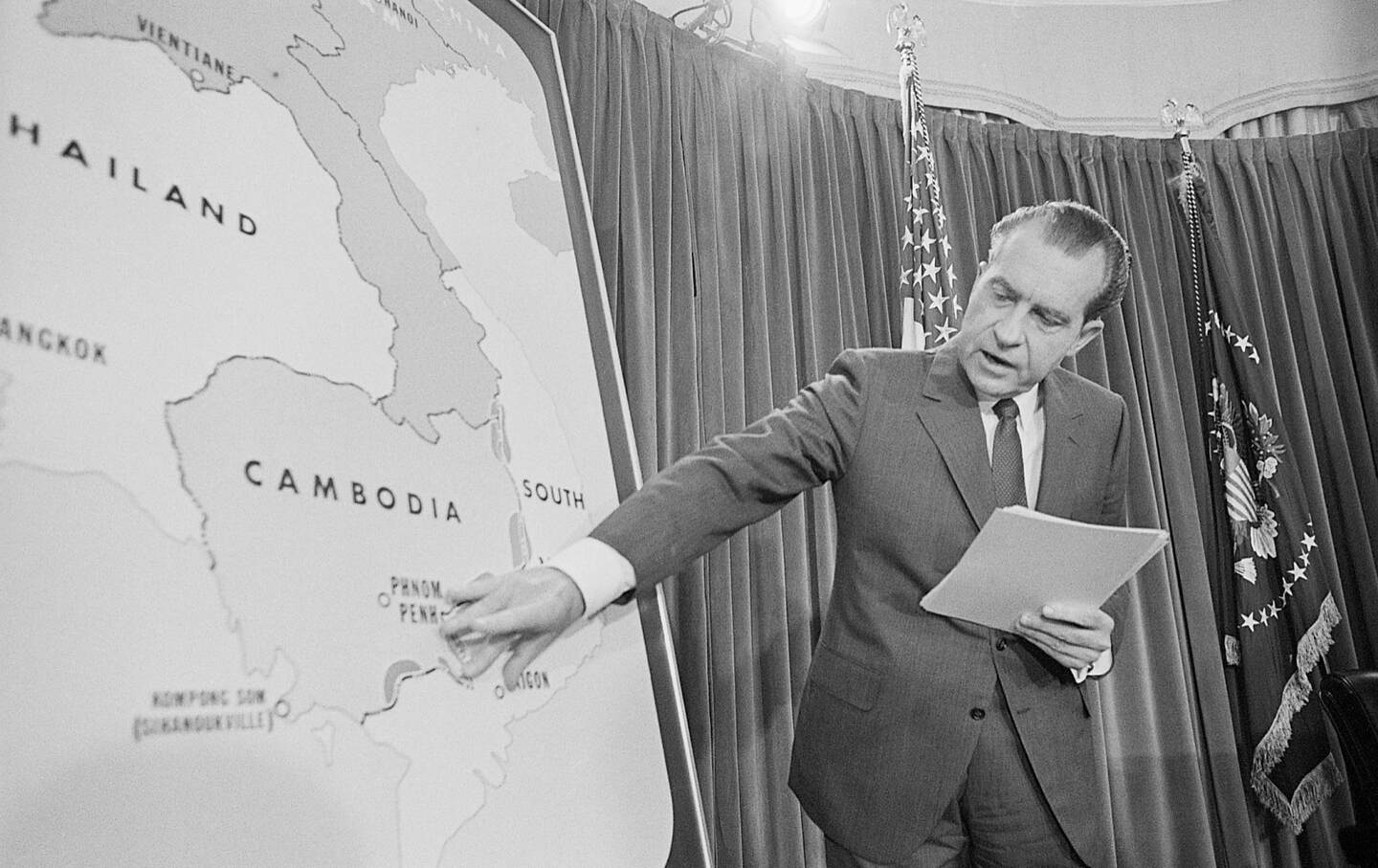Tricky Strategic Changes
On this episode of American Prestige, Stephen Wertheim on changes in US foreign policy.

Here's where to find podcasts from The Nation. Political talk without the boring parts, featuring the writers, activists and artists who shape the news, from a progressive perspective.
On this episode of American Prestige, champion Stephen Wertheim, senior fellow in the American Statecraft Program at the Carnegie Endowment for International Peace, returns for a discussion of his recent piece for Carnegie, “Strategic Change in U.S. Foreign Policy.” The group muses on the difficulty of altering established foreign policy paradigms before delving into several case studies such as NSC-68, Nixon's Vietnam Withdrawal, Carter's Failed Korea Withdrawal, NATO Enlargement, and the Global War on Terror, emphasizing the need for foresight, strategic planning, and a willingness to incur political costs to make such change possible.
Advertising Inquiries: https://redcircle.com/brands
Privacy & Opt-Out: https://redcircle.com/privacy

In a TV speech to the nation from the White House, President Nixon announced that several thousand American ground troops have entered Cambodia to wipe out Communist headquarters for all military operations against South Vietnam.
(Getty Images)On this episode of American Prestige, champion Stephen Wertheim, senior fellow in the American Statecraft Program at the Carnegie Endowment for International Peace, returns for a discussion of his recent piece for Carnegie, “Strategic Change in U.S. Foreign Policy.” The group muses on the difficulty of altering established foreign policy paradigms before delving into several case studies such as NSC-68, Nixon’s Vietnam withdrawal, Carter’s failed Korea Wwithdrawal, NATO enlargement, and the Global War on Terror, emphasizing the need for foresight, strategic planning, and a willingness to incur political costs to make such change possible.

Here's where to find podcasts from The Nation. Political talk without the boring parts, featuring the writers, activists and artists who shape the news, from a progressive perspective.
On this episode of American Prestige, William Hartung — senior research fellow focusing on the arms industry and US military budget at the Quincy Institute for Responsible Statecraft — joins the program to discuss reports that the Trump administration is planning “sweeping budget cuts” for the Pentagon. We talk about these “cuts” being more accurately termed “reinvestments” into other areas, the enormous amount of defense spending and the culture that engendered this, how the defense industry has changed in the past 20 years, actual moves that could meaningfully reduce the military budget like reducing bloated systems (F-35s, aircraft carriers) and overseas bases, whether there exists an influential constituency to support military budget cuts, and more.
Advertising Inquiries: https://redcircle.com/brands
Privacy & Opt-Out: https://redcircle.com/privacy
